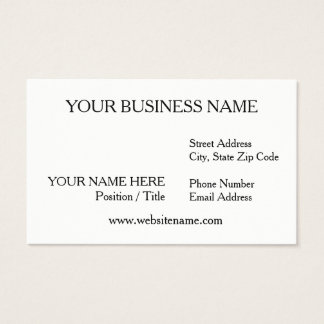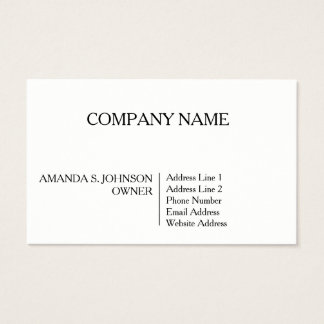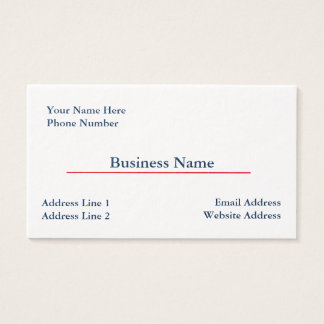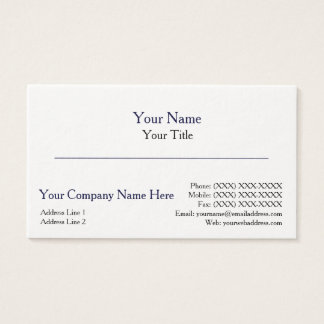Search results really matter if you’re starting up an online business. A top-ranked website in a search list increases profitability and will help your business to rise above its competitors. A well thought out SEO strategy is one of the essential attributes of successful commercial activity on the Web. And the cool fact is that you don’t have to invest mega bucks in your online store to improve conversion and achieve the desired result – making profit from sales.
Believe it or not, you can formulate a good SEO plan for your website without the help of a professional company. This will, however, take some work, energy and, in particular, time. The response won’t be immediate. But it will be worth every single minute you spend on it. You will save money, as well as gain invaluable experience in search engine optimization.
Below are some practical recommendations that will help you to come up with an appropriate eCommerce SEO plan.
Keyword Hunting
What is a keyword? Keywords or key phrases are SEO linchpins. This is the text that a customer will type in a search engine bar to find what they need. Or more precisely, the keywords you are planning to use should become the thing that people are looking for on the Web.
You have to create as many keywords as possible. The more, the better. But the quantity is not the only thing that’s important. Don’t forget about quality. No matter how many keywords you produce, all of them must be as accurate as possible.
While working on keywords, focus on their length. The shorter keywords are, the more traffic your website will receive, although, the short length won’t guarantee that your profit will increase. Don’t forget to describe a product you’re selling or an offered service in such a way that customers know exactly what your business is all about.
Here’s an example. Let’s imagine a client, who would like to buy a Smartphone. In this case, a proper keyword phrase will be “buy Smartphone,” right? But what if this client wants a mobile device with a 12 megapixel camera? The keywords “Buy Smartphone” won’t be enough for our imaginary site to come out on top of a search list. Rather make the keywords more specific, like “buy Smartphone with 12 megapixel camera.” This might be longer wording, but you will be more successful in giving clients exactly what they require.
Find the happy medium between keyword precision and a number of generated words. At the start of your business, rather forget about one-, two-, or three-word keywords for a while in favor of more detailed descriptions.
In the process of keyword selection, there are a few free tools you can use, allowing you to get a peep of the most popular variants all around the Web – usage of keyword tools like Google AdWords, Keyword Discovery etc., as well as tools, integrated inside various eCommerce platforms. Playing with a website building platform like Wix, you will discover the “SEO Wizard & Monitoring Tool” in the My Apps section. Write down a needed keyword and enjoy checking your findings.
Titles and Descriptions
Page titles are crucial for SEO. They are important not just because they tell a user what’s on the pages, but giving original names to the pages means gaining more hits through a search engine.
Aside from page titles, it’s also really important to have meta descriptions. Have you noticed the text below the page titles when you’re searching for something on Google? That’s a little summary of what a Web page is about. The recommended meta description character number is 150 to 160 words.
There is a wide range of snippet tools that can help you, allowing you to preview your website’s meta-descriptions. The keyword presence is imperative too. But don’t go overboard. Embed only a few of them. And bypass the title repeat.
If you are an eCommerce platform user, adding a meta-description or a meta-keyword is easy. Something that could help you with setting these SEO particulars is MotoCMS eCommerce plugin. This tool allows you to optimize the commodity of your eCommerce site completely. Create products, fill in meta-information and goods’ descriptions simultaneously for each item in appropriate bars. This makes it possible and easy to optimize each product for a search.
Good URL’s Structure
A Uniform Resource Locator (URL) is standard when referring to a Web page’s address. A URL is seen in a browser’s address bar. Create the links that will be simple for users to read and search engines to understand. Here are a few strict rules:
• Avoid unclear and long URLs;
• Employ hyphens instead of underscores for word isolation;
• Use as many precise words (they are better than numbers) as possible for link descriptions.
Here are a few good and bad link samples to show you what to do and what not to do when it comes to URLs:
Good:
http://www.example.com/simple-and-clear-url/
http://www.example.com/category/product-item/
Bad:
http://www.example.com/1231234?
http://www.example.com/category_product_item/
Once again, eCommerce developers took care of lazy entrepreneurs in this case too. Look at the following link:<a href=”http://www.volusion.com/”>Volusion</a>. This site helps you to make your website URLs user-friendly just in one click, by checking the appropriate boxes.
Internal and External Linking
Here’s one more SEO keystone: Internal and external linking is a great solution, allowing your website visitors to explore your online shop in detail. The wide web of internal and external links lures search engines’ attention as well.
Internal links are hyperlinks that lead to the pages in the source domain. In other words, this gives you a tremendous opportunity to guide a potential client through your online enterprise. Customers will appreciate the ease of your site navigation and increase the traffic, increasing site ranking potential.
External links have equal significance as internal ones when linking a website. They link your eCommerce project with other sites on the Web and raise its popularity among searchers. The only thing you should keep in mind is that these links must be trustworthy. Each website has its own rating. The bigger the rating is, the more trustworthy it is. Put simply, if an external link website is reliable (without spam or inappropriate content), your website enhances its position on the search engine’s list.
Custom Business Cards
15% Off All Business Cards
VIEW ALL
$44.25
$58.55
$68.95
$65.40
$60.05






No comments:
Post a Comment